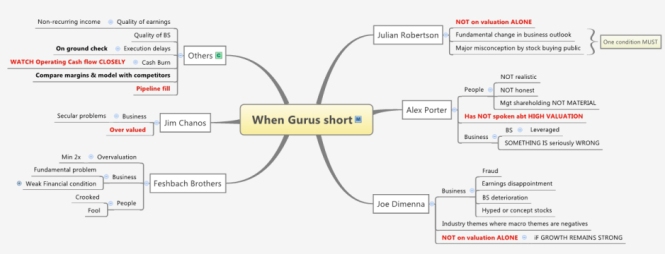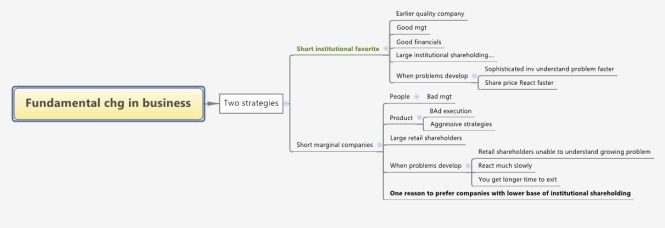Click to access ACC-3%20Manuscript%2036%20Mark%20Evans%20Indiana.pdf
Reporting Regulatory Environments and Earnings Management: U.S. and Non-U.S. Firms Using U.S. GAAP or IFRS
Mark E. Evans Wake Forest University
Richard W. Houston University of Alabama
Michael F. Peters University of Maryland
Jamie H. Pratt Indiana University – Kelley School of Business – Department of Accounting
December 4, 2014
Accounting Review, Forthcoming
Kelley School of Business Research Paper No. 15-12
Abstract:
Based on data collected from 616 experienced financial officers who use U.S. GAAP or IFRS and are domiciled in the U.S., Europe, or Asia, we examine how reporting standards (U.S. GAAP vs. IFRS) and domicile (U.S. vs. non-U.S.) affect earnings management (real vs. accrual). U.S. firms using U.S. GAAP rely more heavily on real methods than non-U.S. firms that use either IFRS or U.S. GAAP, and U.S. firms using IFRS. U.S. firms using U.S. GAAP operate in an environment that encourages real over accruals methods; specifically, U.S. GAAP facilitates detection of earnings management and enforcement is more effective in the U.S. Further, the likelihood and amount of earnings management does not differ across conditions, suggesting that firms using less accruals earnings management tend to fully compensate by increasing real methods. So, stronger reporting environments do not necessarily reduce total earnings management, but instead encourage substitution of real for accruals methods.



